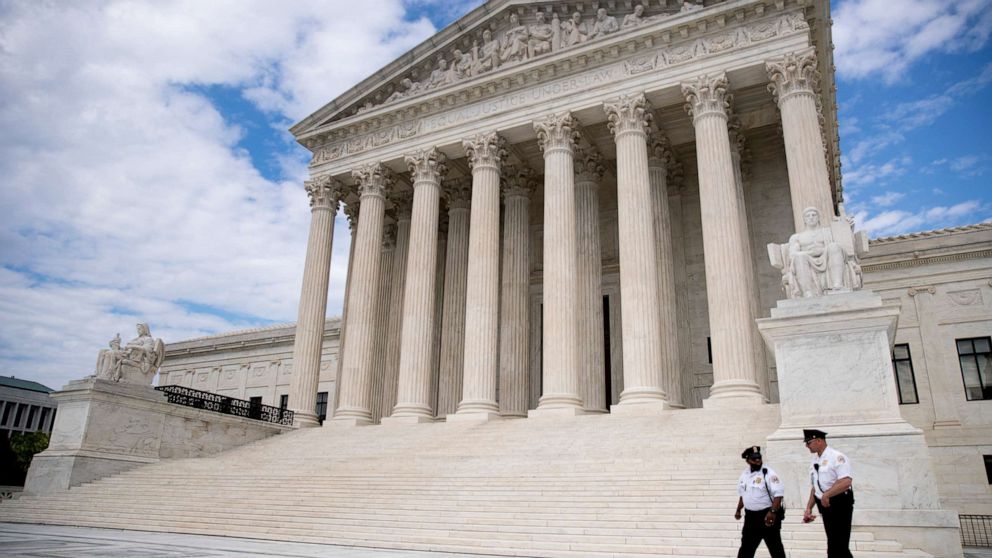“Medicaid Moderates” complicate “repeal and replace”
Tuesday afternoon, U.S. Senate Majority Leader Mitch McConnell announced at a Senate lunch that the chamber’s annual August recess – a near sacrosanct time when lawmakers vacation, travel overseas on official business called “CODELS” or reconnect with constituents at townhalls back home – would be delayed by several weeks to continue working on key unfinished business, namely repealing and replacing Obamacare.
As Hill veterans can attest, this is the ultimate form of hardball. In fact, judging from the groans reported to have gone from his colleagues at the announcement, this may be Leader McConnell’s REAL “nuclear option” of Senate procedure!
So why can’t Republicans – after 7 years of decrying the very real failings of Obamacare – get their “repeal and replace” act together?
As health policy analyst Doug Badger so aptly noted: It’s About the Money.
“Some moderate Republicans who profess concern for the needy are actually trying to shift more of the cost of providing them Medicaid coverage from their states to the federal government. They’re holding out for more federal cash for their states.”
The impasse created by these Republican “Medicaid Moderates” who are holding out for federal kickbacks for their states comes as no surprise. In January, Palmetto Promise published a forward-looking report titled Unwinding the Worst of Obamacare, in which Visiting Fellow Chris Jacobs noted the strain on many state budgets as Medicaid expansion states blew past enrollment projections. One Democratic state legislator even publicly mused that the unexpectedly high cost of Medicaid expansion is expected to crowd out other important priorities like education for children and care for the disabled.
After explaining Obamacare’s woes, Jacobs went on to argue that, “Unwinding the Medicaid expansion fairly and putting the program on a sustainable path for the future must start with three basic principles:
- Freeze enrollment in this massive new entitlement.
Individuals currently enrolled in Medicaid expansion should be held harmless and not face coverage disruptions. But states and the federal government need to begin unwinding the massive, unsustainable spending associated with Obamacare.
- Roll back the enhanced federal Medicaid match for able-bodied populations.
This match has distorted states’ behavior, encouraging them to discriminate against the most vulnerable.
- Reorient Medicaid toward the vulnerable populations for which it was originally designed.
Medicaid was never intended to be the solution to cover able-bodied Americans. By expanding Medicaid to an ever-growing part of the population, Medicaid’s original design has been muddled.
The need for reform is urgent. By unwinding Obamacare’s Medicaid expansion the right way, Congress can slow the gusher of spending that has jeopardized federal and state budgets, treat fiscally prudent states fairly and focus on restoring the safety net for the most vulnerable.”
While the Senate healthcare bill is far from perfect (as our friends at the Beacon Center of Tennessee have capably noted), it simply does not “cut Medicaid” as many would have us believe. Rather, it slows the rate of growth of a program that was well down the road to ineffectiveness and insolvency long before Obamacare expanded it to working age, able bodied adults. Conservative Senators are working in good faith to amend these bills and devise a workable strategy to promote patient-centered reforms.
Leader McConnell’s move on Tuesday is a good step towards shining a light on the real hold-up within the Republican Caucus surrounding “repeal and replace”: “Medicaid Moderates” whose states fell for the fool’s gold of Medicaid expansion.





